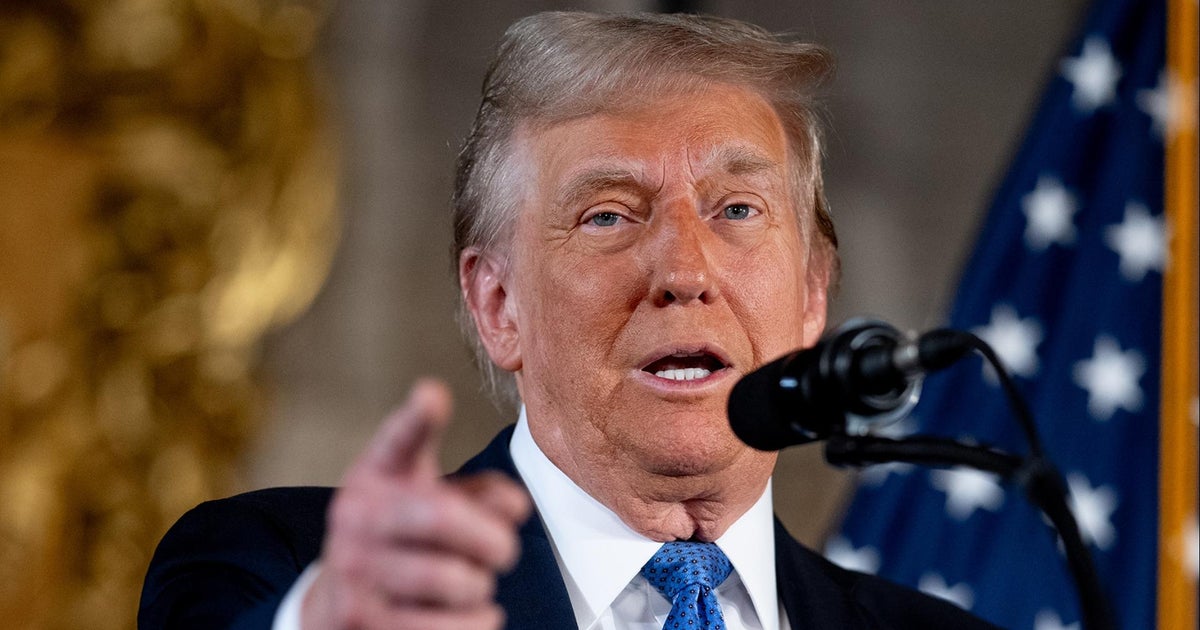A bitterly divided Poland narrowly reelects right-wing President Andrzej Duda
President Andrzej Duda beat challenger Rafał Trzaskowski to win a second term as Poland's leader in a weekend run-off vote. It was a narrow victory for Duda, who took 51% of the votes in the second round of the election.
The runoff vote on Sunday saw a huge turnout, with 68% of Poland's eligible voters casting ballots, just 0.1 percent below the record set in 1995. That, despite the fact that the election took place amid the coronavirus pandemic and the summer vacation season. While the high turnout showcased Poland's thriving democracy, the results show a starkly divided society.
The victors, however, were indisputable: For the fourth time in a row, including local elections in 2018 and European and parliamentary elections in 2019, Poland's staunchly right-wing, Catholic, anti-LGBTQ camp coalesced around the Law and Justice Party (PiS) to defeat opposition left-wing liberal forces.
President Trump tweeted his congratulations to his "friend" Duda on Monday, saying he looked forward to "continuing our important work together across many issues."
Slim majority, conservative trajectory
While not a member, Duda, 48, is a strong ally of the PiS party, which has powered his election victories by delivering its conservative supporters' votes.
In 2015, PiS and Duda agreed on a path to completely realign Poland's policies, both domestic and foreign. That deeply conservative agenda can now continue unfettered at least until the next parliamentary elections in 2023, when PiS and its allies will be challenged again for control of the legislature.
It was this broad set of policies that was ultimately at the heart of Sunday's election: It was effectively a referendum on Duda and PiS building an ever-deeper alliance with the Catholic Church and the Trump administration in the U.S., reducing Poland's active role in the EU, putting traditional values into legislative practice, turning the state-run media into an organ of the ruling party (PiS) and eroding confidence in the country's independent judiciary branch.
Duda and his political camp won, but the narrow victory made it clear that support for their political course is far from ubiquitous. He won by only a few hundred thousand votes — much less convincing margins than the conservatives have enjoyed in the three previous elections mentioned above.
The fault lines
The challenger, Warsaw Mayor Trzaskowski, himself the leader of a center-right conservative coalition, won in 10 of Poland's 16 voivodships, roughly equivalent to U.S. states. He also won by a large margin in most of the major cities and also took narrower majorities in small and medium-sized cities. The results show he won a significant share of votes from Poles with far more liberal ideologies than Trzaskowski himself.
But Duda convincingly carried the countryside, taking 63% of the massive non-urban vote.
There was also a major divide between age groups, with voters between the ages of 18 and 49 clearly favoring the liberal candidate, while Duda enjoyed the broad support of voters aged 50 and over.
There's little indication that either side of Poland's political divide tried to build any new bridges.
"Deeply polarized"
In the final weeks of their election campaigns, both camps focused on mobilizing their bases, and there were no serious attempts to start a dialogue with ideological foes.
The chasm is so deep that the incumbent and his challenger didn't even appear together to argue their viewpoints in a televised debate. Instead, they appeared separately in front of "their" media representatives.
Some political observers believe Mayor Trzaskowski's refusal to appear on state media to debate Duda may have doomed his campaign. Others, however, sympathize, saying state broadcaster TVP — which critics like to compare to North Korean state television — wouldn't have guaranteed a fair debate.
The lack of good will and dialogue doesn't stop with the politicians themselves, either.
"Strong supporters of the PiS and strong supporters of the opposition are unable to talk to each other anymore. That's the problem," Professor Małgorzata Bonikowska, president of the Warsaw-based Center for International Relations, told CBS News.
"The country is deeply polarized," agreed Wojciech Przybylski, a political analyst who leads the Visegrad Insight think-tank. "What worries me is how politicians exploit this polarization."
Duda will now remain in office until 2025. He's only allowed to serve two terms, and Bonikowska said that could give him the chance to less-enthusiastically toe the line of his backers in the ruling PiS party.
As he's no longer reliant on their support, Duda could, Bonikowska said, attempt to cast off the image many now have of him, as a puppet in the hands of the powerful PiS party, and instead focus his last term on building a more unifying legacy.
That will be the hope, at least, for the half of Poles who believe Duda and his backers have already taken Poland far enough down the road of conservative reform, and away from its western European allies.





